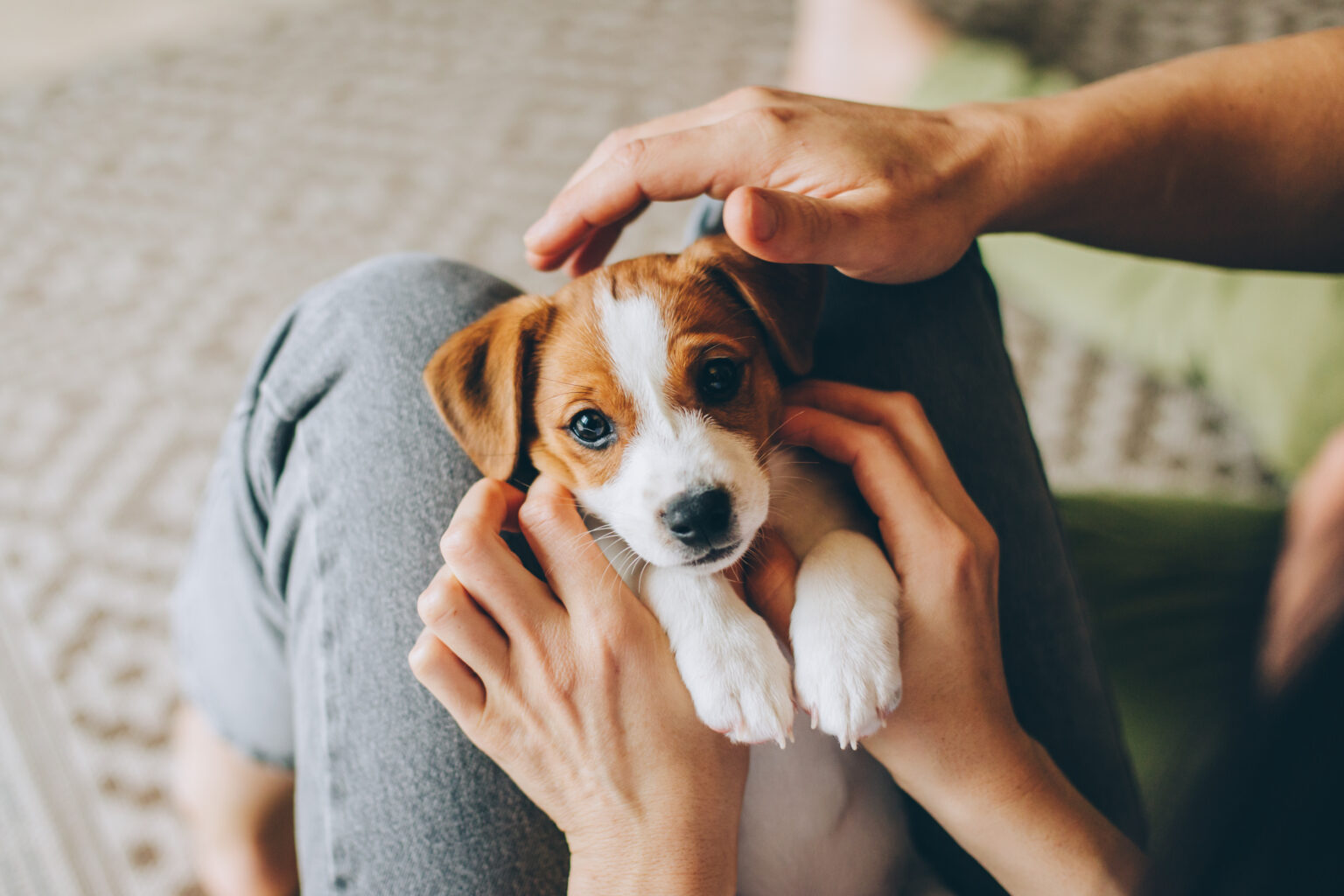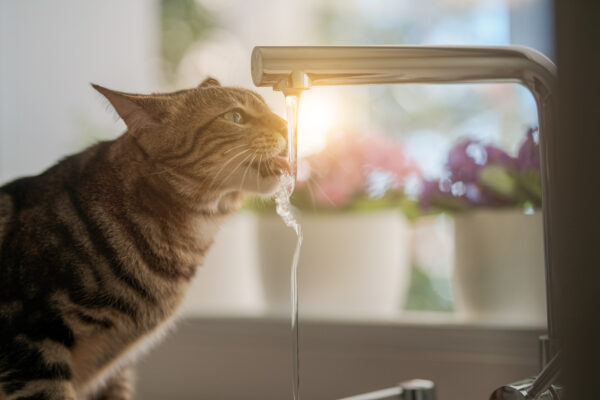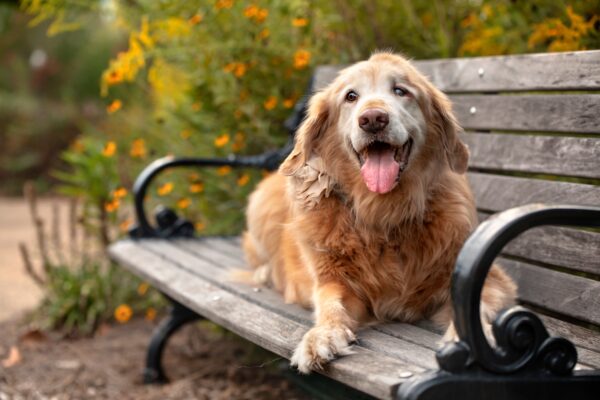Introducing a new pet to your family is an exciting prospect, but knowing what essentials you need beforehand and for when they arrive can feel overwhelming. From everyday accessories to nutrition and how to prepare for toilet training, we’ve broken it down into easy, bitesize chunks with our puppy checklist.
Things to buy before they arrive
It’s better to get all of the absolute essentials a few weeks before your puppy comes home. This will give you plenty of time to bond with your new furball, but also ensure that you’re not left without something vital when they do arrive.
- Puppy food and water bowls
- A collar, harness and lead
- Chew toys for puppies
- A comfortable bed
- A carrier for trips to the vet and travel
- Poo bags (we like biodegradable ones)
- Grooming products like a brush and nail clippers
- A dog toothbrush and toothpaste
- Puppy pads for toilet training
Getting your house in order
At this point, you’ll also need to make sure your environment is ready for a new and very inquisitive houseguest. Trust us, you don’t want to learn the hard way that puppies love to chew on cables and shoes…
- Electrical cords should be out of the way.
- Secure kitchen cabinets with safety latches.
- Ensure doors and drawers are shut, particularly wardrobe doors.
- Keep floors clean and free of any small items your puppy might ingest.
- Consider a safety gate if you’re keeping any quarters puppy-free.
- Be aware of which plants are toxic to dogs.
Choosing who’s responsible for what
As well as shopping for all of the everyday staples, there are other things you’ll need to address and arrange before your puppy arrives.
- Pick a specific toilet training spot in advance.
- Your puppy will need a wellness exam with a qualified vet in its first week, finding a reliable professional now will ensure you don’t forget or struggle to get an appointment.
- Decide who will walk and feed the dog so you can establish a routine immediately.
Important things to consider once they’ve arrived
Once they’ve settled in and you’ve gotten used to each other, it’s worth making sure you’ve taken care of all of the necessary vaccinations, treatments and identification your new dog needs. Some of these require your dog to be a certain age, but booking the relevant appointments will ensure you don’t forget or struggle to get a slot when the time comes.
- Insurance
- Microchipping
- Immunisations
- Worming
- Neutering
Things to consider during their first week
- Introducing new sounds might sound strange, but your puppy will have very sensitive hearing, and so making them comfortable with noises like the doorbell and a hairdryer will pay off. Keep the experience positive with rewards, and start with a low volume, increasing gradually.
- Start exploring when your puppy is young so they grow used to taking the stairs, walking up and down steps and acclimatising to different surfaces.
- Car journeys will likely be essential throughout your dog’s life, whether you plan on taking them on holiday with you or taking them to their vet appointments. Introducing car rides now will make for an easier transition as they grow.



